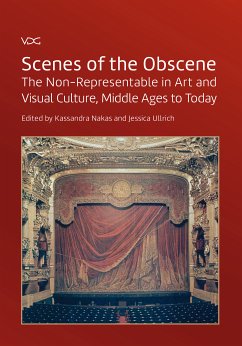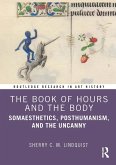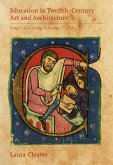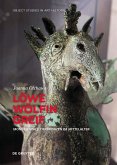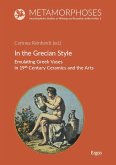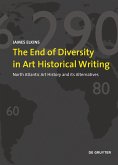Artists and the public alike have always been fascinated by obscene imagery. The Obscene, however, is difficult to define. One of the earliest interpretations is of Greek origin and argues that the word derives from "ob skene", indicating the space behind the stage or scene. "Off-scene" remains what should be hidden from public view, be it morally questionable, offensive, disgusting or unbearable to look at. This book presents a collection of essays that cast light on some "Scene of the Obscene" in art and visual culture from the Middle Ages to today, taking into consideration the malleable nature of socio-cultural assumptions and theoretical reflections on the topic.The contributions focus on historically distinct artistic acts and social sites where established cultural categories and legal norms are violated, with artists and publishers deliberately breaking moral taboos and offending the public taste. They discuss how society reacted to these transregressions and how obscenity and its conceptions shape the face of their respective time.
Dieser Download kann aus rechtlichen Gründen nur mit Rechnungsadresse in A, B, BG, CY, CZ, D, DK, EW, E, FIN, F, GR, H, IRL, I, LT, L, LR, M, NL, PL, P, R, S, SLO, SK ausgeliefert werden.

